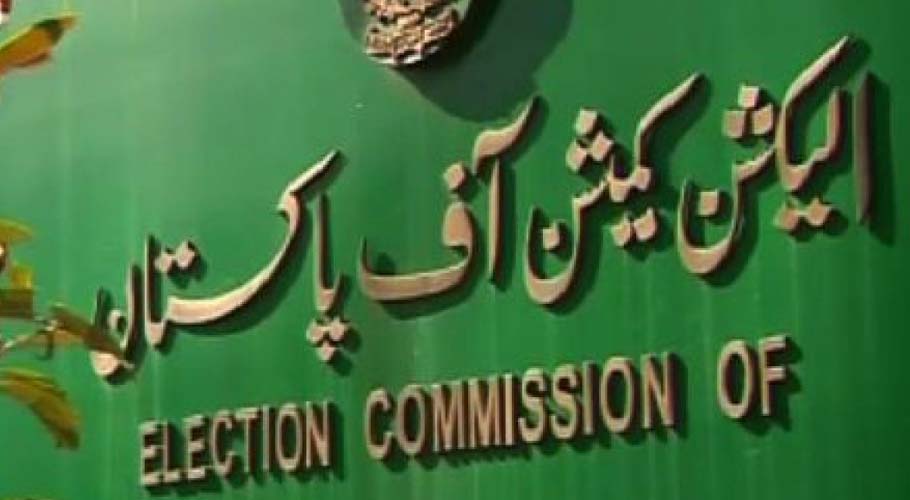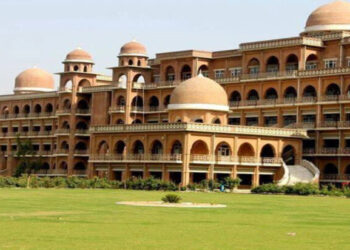ISLAMABAD: The Election Commission of Pakistan (ECP) has issued the revised list of eight candidates from Sindh for the upcoming Senate elections scheduled for March 03.
According to the revised list issued by the ECP after announcing decisions on appeals filed against the nomination of candidates for the elections to the upper house.
In the revised list three candidates of the PPP and the PTI each whereas one candidate of the Tehreek-e-Labbaik Pakistan and the MQM-P.
The PPP’s candidates mentioned in the revised list are Farooq H Naek, Shahadat Awan and Karim Khawaja. Hunaid Lakhani, Samar Ali Khan and Hasan Bakhshi are the PTI candidates that are mentioned in the revised list.
Shahab Imam of the MQM-P and Yash Ullah Khan of the TLP are also mentioned on the revised list of candidates from Sindh. The names of candidates for the general and women’s seats remain unchanged.
There are a total of 342 lawmakers in the National Assembly and 728 in the provincial assemblies combined, as per the ECP. All of them are entitled to vote in the upcoming Senate elections.
Earlier, ECP had released codes of conduct for candidates, voters polling staff and security officials during the upcoming Senate elections.
The Election Commission in a statement issued on Monday said that all members will be banned from carrying mobile phones in the polling booth. Ballot papers cannot be photographed.
The president and governors will not run a campaign for the Senate election, the ECP said, adding that casting vote in exchange for gifts or to intimidate for votes will be prohibited.
The successful candidate will submit the details of election expenses to the Returning Officer within five days, the ECP instructed.
Transactions related to election expenses should be done with GST registered institutions or individuals, read the statement. Expenses incurred by a political party or anyone else will also be considered as expenses of the candidate, it added.
In its instructions, the ECP said that the expenditure should be made only from a specific bank account. Getting help from government offices or employees will be prohibited.
Distorting the official mark on the ballot paper would be considered corrupt. The radicalizing judiciary, armed forces and the election commission must be avoided. The Election Commission has also sought public support for the effective implementation of the code of conduct.
The public has been asked to report any violation to the Election Commission. Violations of the Code of Conduct will be prosecuted under the Election Act 2017.


































